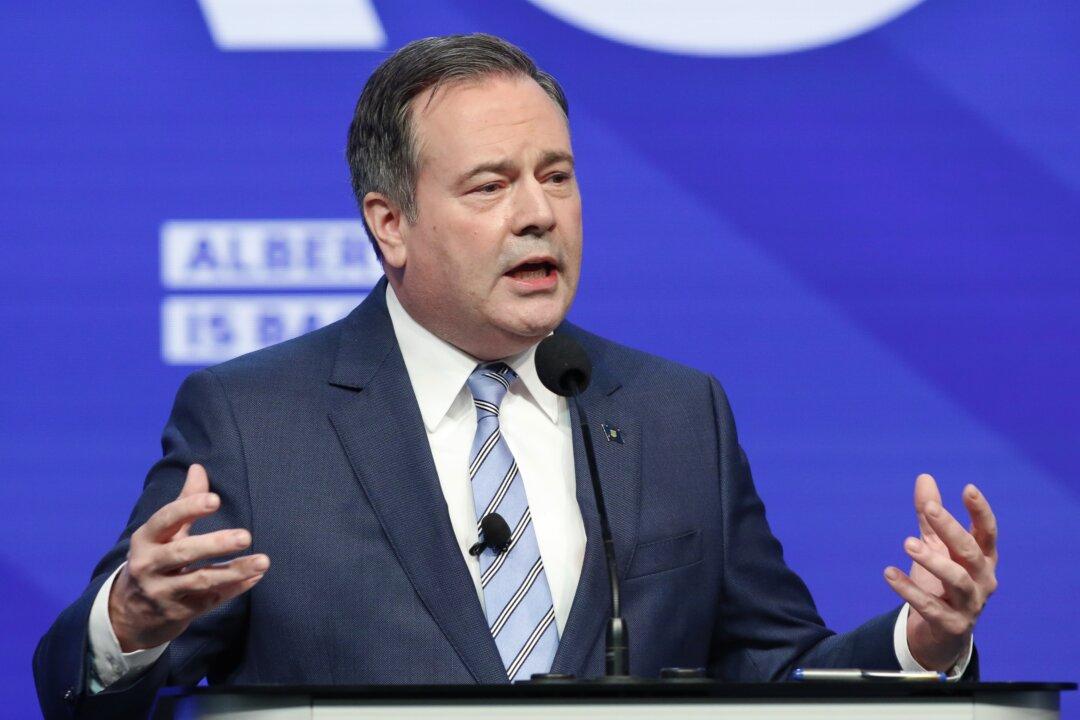Alberta Premier Jason Kenney says the United States should be seeking his province’s oil instead of getting it from Saudi Arabia and Venezuela.
Responding to a report by Axion that U.S. President Joe Biden may travel to Saudi Arabia in the coming months to request more oil amid the Russia–Ukraine crisis, Kenney said he would be delighted to welcome the president should he decide to visit Alberta.





